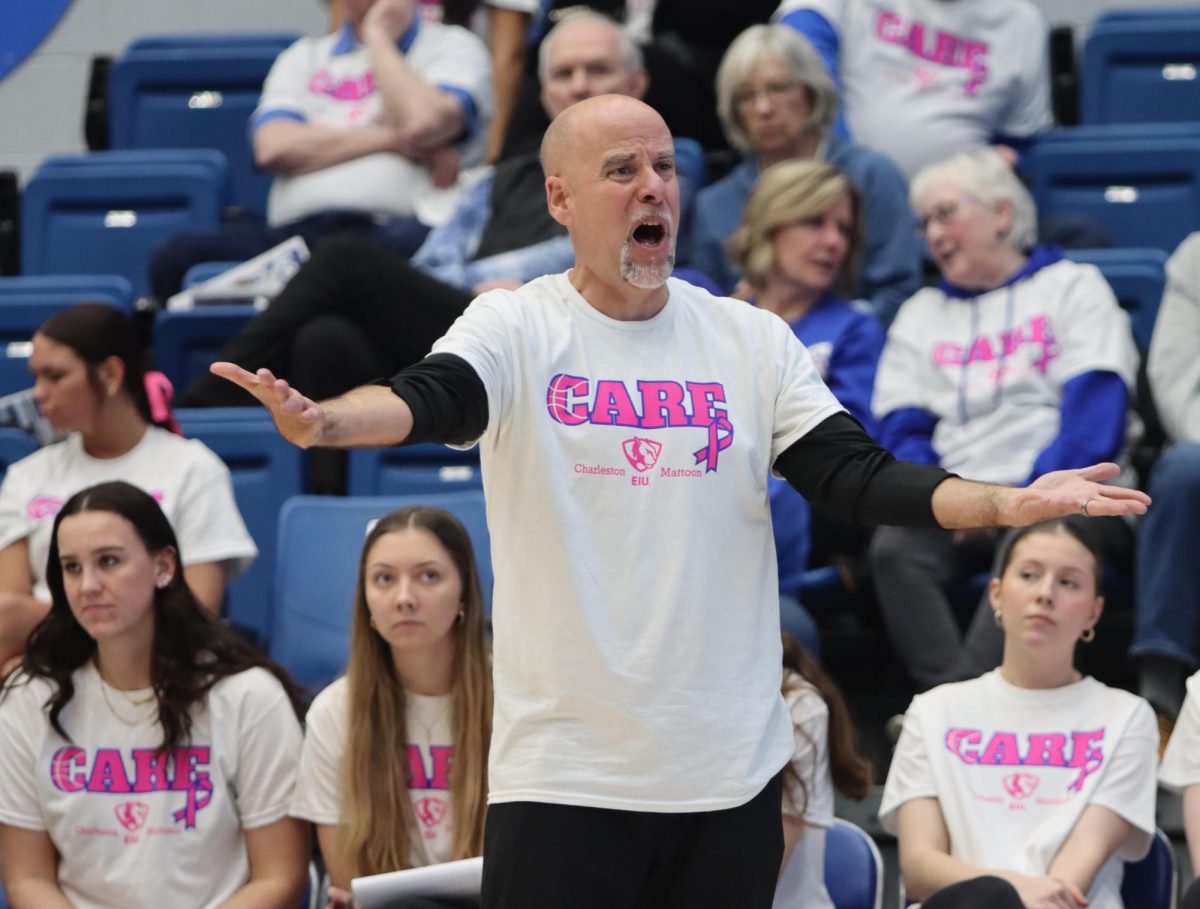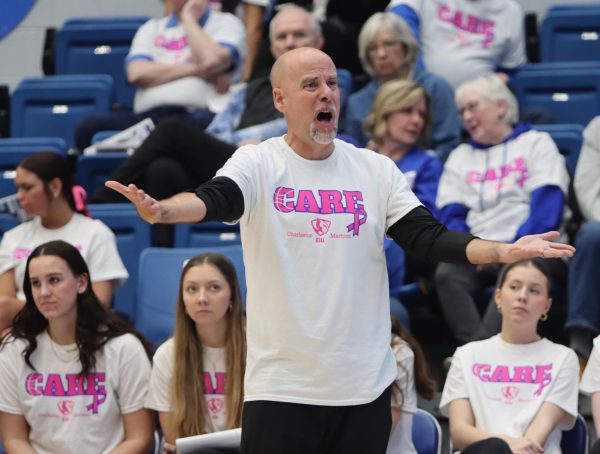Sophisticated Music, that everyone can understand
With so much music to choose from these days, your mind can often get cluttered in distinguishing what is good, bad, cheap or classy. Western music, commonly known as classical, is a genre that is undeniably sophisticated, but what makes so many people think of this music as only for the high brow or higher-educated?
It is impossible to say exactly when a genre of music was officially formed. The one major difference that Western music holds above all genres is that it was the first.
“Years and years ago that was the only form of entertainment,” Richard Robert Rossi, director of orchestral and choral activities, said. “That is what people would do. They would go to concerts.”
Rossi explained Western music as structured usually in a more sophisticated manner that follows formulas more as guides and not as restrictions.
“(Western music) is an art form that tries to heighten the senses in ways more than just emotional stimulation,” Rossi said. “Pop music is more laid back and a leisure entertainment. Classical, although it is entertaining, it is also uplifting and has sophistication.
Many students haven’t been exposed to the right type that they can relate to. When I taught music appreciation classes I would try to introduce the students to different elements like videos and other contemporary aspects. After that, they would go back and find a cultural understanding.”
Rossi was immersed into music at his birth. Both his parents were choral and opera singers. Rossi has formed a respect for music as a whole. He admits that some modern pop music he just doesn’t understand its appeal, but that doesn’t mean he doesn’t see its value.
“Western music is emotionally aesthetic,” Rossi said. “It is filled with motivic ideas that are developed that modern pop music has missed out on,” Rossi said. “There is a certain amount of credibility to respect of the (Western music) art form. It is a respect for someone’s creative art.”
The Booth Library offers a wide variety of different music styles. Some of these are modern pop, jazz and classical. The library tries to hold a little bit of everything for everyone.
“I think the entire music collection supports the curriculum in terms of what people have requested and what is always being used or on reserve,” Allen Lanham, dean of Booth Library, said. “In the classical music realm very often we rely on peoples’ request on what they are looking for. We try to have the whole collection of symphonies from certain composers.”
Classical, unlike many pop songs, can be looked at almost as if it were an acquired taste. There are exceptions to this of course, but Americans seem to lack an understanding to what classical music means.
“I was in Europe this summer talking to someone at a concert and he said, ‘You know, I grew up in Austria. We were singing these songs as children,'” Lanham said.
“Fewer Americans can say, ‘Oh yeah that is a Strauss song or that is a Schubert song that came from the second series.’ A lot of Europeans are like ‘that was our nursery rhymes.’ We (Americans) go back and all the sudden when we are talking about classic songs we’re talking about Polly Wolly Doodle,” he said.
Lanham explained that music has a sense of familiarity and a form of comfort for many people.
“Some people like hip-hop because it is a part of them. Or some people like jazz because that is what they grew up with or that is what their parents thought was good music,” Lanham said. “For me, I feel at home in classical music. It turns out to be that (music) is a language, and it is a more universal language than English.”
Brad York can be reached at 581-7942 or at [email protected]












































